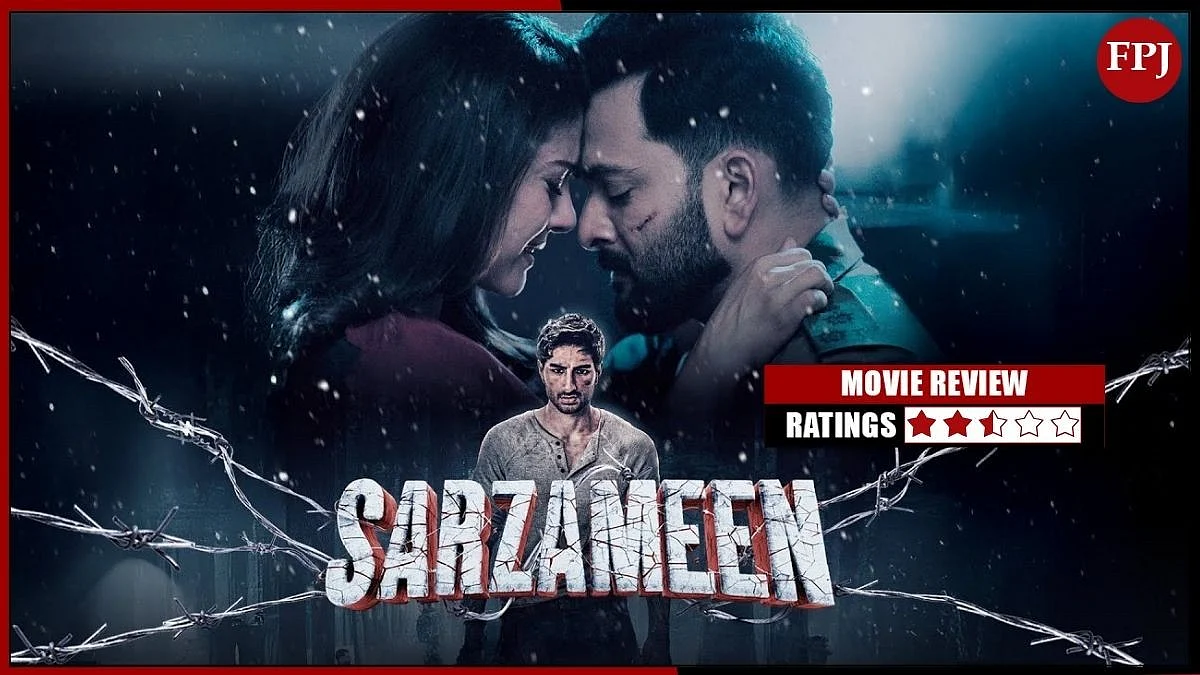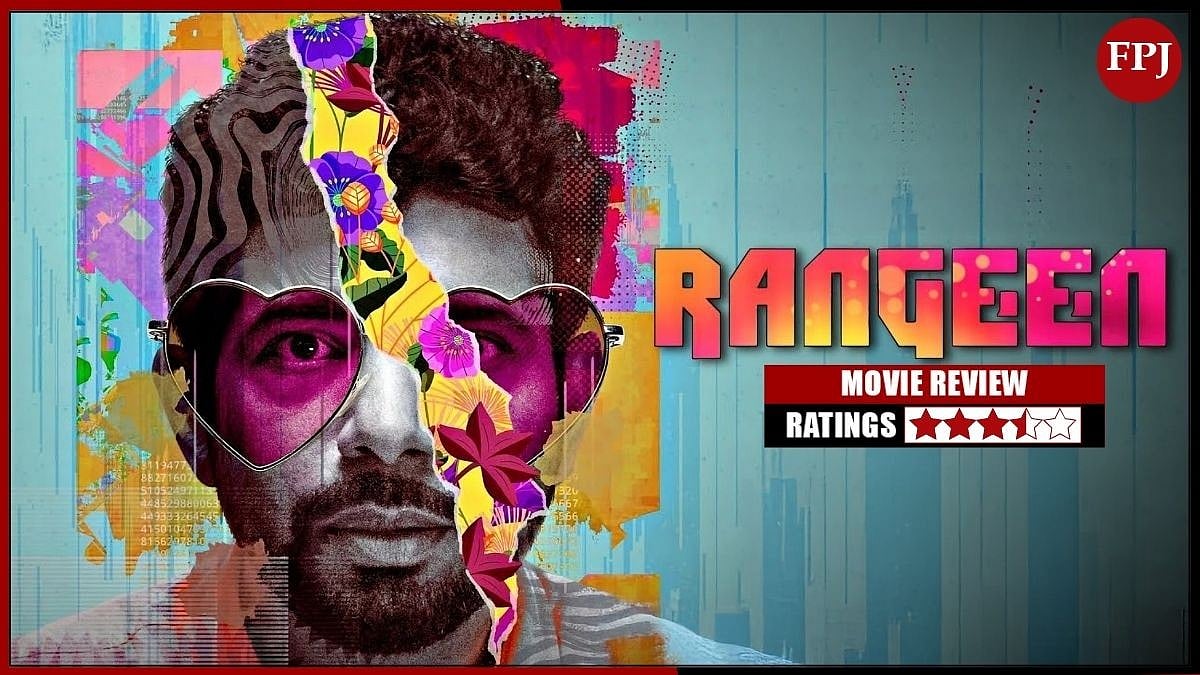Title: Rangeen
Directors: Kopal Naithani, Pranjal Dua
Cast: Vineet Kumar Singh, Rajshri Deshpande, Taaruk Raina, Sheeba Chaddha, Smita Bansal
Where: Streaming on Prime Video
Rating: ***1/2
In an era where streaming often favours titillation over storytelling, Rangeen arrives with a scandalous premise—gigolos, infidelity, revenge—but swerves into unexpected territory. Instead of cheap thrills, it delivers a soulful, slow-burn character study that flirts with scandal yet lands on emotional depth, restraint, and quiet, deeply human truths.
At the heart of this curious cocktail is Adarsh Johri, played by Vineet Kumar Singh, a mild-mannered journalist at Ujla Aaina whose discovery of his wife’s betrayal doesn’t send him spiralling into melodrama, but into the unlit alleys of the male escort business. It’s revenge, yes—but also research, catharsis, and a touch of misguided nobility. “If a wife can hire a gigolo, a husband can become one,” he declares, with the kind of quiet earnestness only a man teetering on emotional collapse can muster.
The beauty of Rangeen is that it doesn’t glamorise the gigolo life; it demystifies it. Adarsh isn’t some chiselled fantasy figure out of a perfume commercial. He’s awkward, sincere, and painfully out of place, like a goat volunteering at a butcher’s convention. Yet it is precisely this incongruity that makes his journey compelling. As he fumbles through client encounters—each more idiosyncratic than the last—he begins to shed not just clothes but layers of hurt, self-perception, and moral rigidity.
The show, spread across nine thoughtfully paced episodes, unfolds like a novel that takes its time to seduce you. The first two episodes may test your patience, but by the third, the narrative deepens and a strange affection creeps in—for Adarsh, for his ridiculous quest for excellence in a job he’s hilariously unsuited for, and for the lonely, broken women who come knocking.
The writing is quietly impressive. It resists easy tropes and instead weaves a textured tapestry of human yearning, power play, and transactional tenderness. Characters aren’t mouthpieces; they breathe, flinch, hesitate. The dialogues don’t announce, they reveal. Especially notable is the show’s ability to toe the line between ethical quandary and moral grey zone without sermonising.

Vineet Kumar Singh is pitch-perfect, bringing a wounded, rumpled dignity to a role that could’ve easily slid into parody. He doesn’t have the six-pack, but he has pathos—and that’s the real strength here. Taaruk Raina, as the younger, flashier Sunny (ironically the man who first serviced Adarsh’s wife), brings a wry energy to his parallel arc. Their dynamic is delightfully awkward. Rajshri Deshpande, as Naina, the catalyst of it all, is sincere if occasionally underpowered, but Sheeba Chaddha (as Sitara, the shrewd fixer) stands out in every scene—captivating attention like someone discreetly collecting prized items at an event. Meghna Malik and Smita Bansal add flavour in small but vivid parts.
Production values are modest but tasteful, and the background score—intelligently—adds emotional texture rather than cheap sentiment.
In the end, Rangeen surprises not by what it shows, but by what it withholds. It dares to take a salacious theme and strip it to its emotional core. The result is a show neither lurid nor lofty, but quietly moving—even as it makes you smirk.










